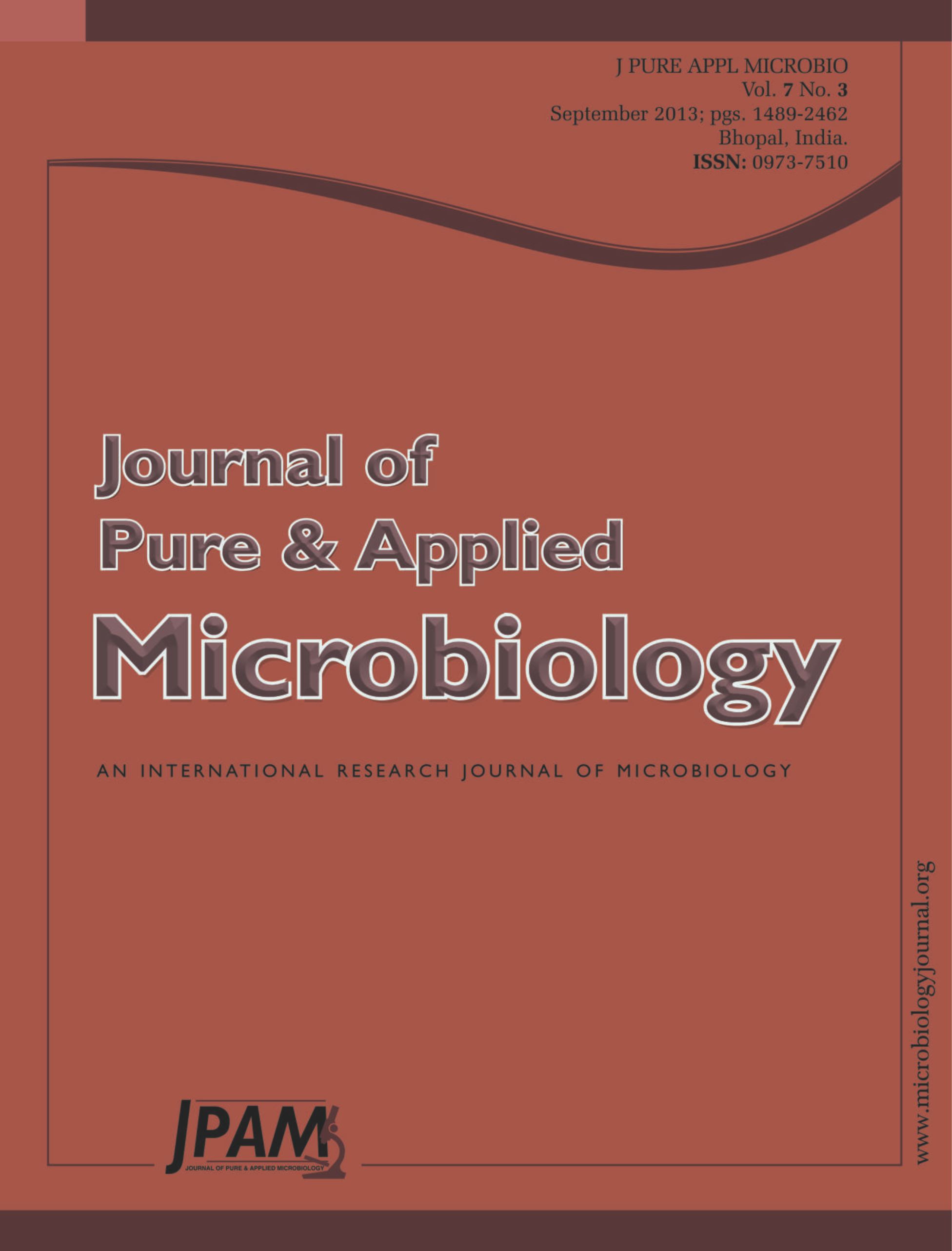Large number of PCR and DNA Hybridization techniques have been validated for bacterial diagnosis but still the detection technology lacks effective translation for practical use. Hence, we have developed a simplified colony PCR technique for amplification of target regions from genome of Salmonella enterica, Escherichia coli, Aeromonas hydrophila, Staphylococcus aureus and Streptococcus pyogenes for identifying different pathogenic bacteria. A common primer set was designed based on comparative sequence analysis of genomic regions of these bacteria. Three different colony PCR methods were evaluated and compared with isolated genomic DNA as template. Directly using the cell suspension or heat lysed culture as DNA sample resulted in non specific amplifications. When the cells were pelleted (to remove media), boiled after suspending in sterile water and the lysate used in PCR, expected size amplicons were obtained for all the five bacteria without any non specific amplifications. The intensity of amplified fragment – which could be roughly correlated with the number of copies amplified – was several folds higher than it was observed in the PCR with 200 ng of isolated genomic DNA. Our colony PCR technique is simple than the previously reported methods which require long time boiling or treatments with enzymes like proteinase K.
Bacteria, Colony PCR, Detection, Food-borne
© The Author(s) 2014. Open Access. This article is distributed under the terms of the Creative Commons Attribution 4.0 International License which permits unrestricted use, sharing, distribution, and reproduction in any medium, provided you give appropriate credit to the original author(s) and the source, provide a link to the Creative Commons license, and indicate if changes were made.


